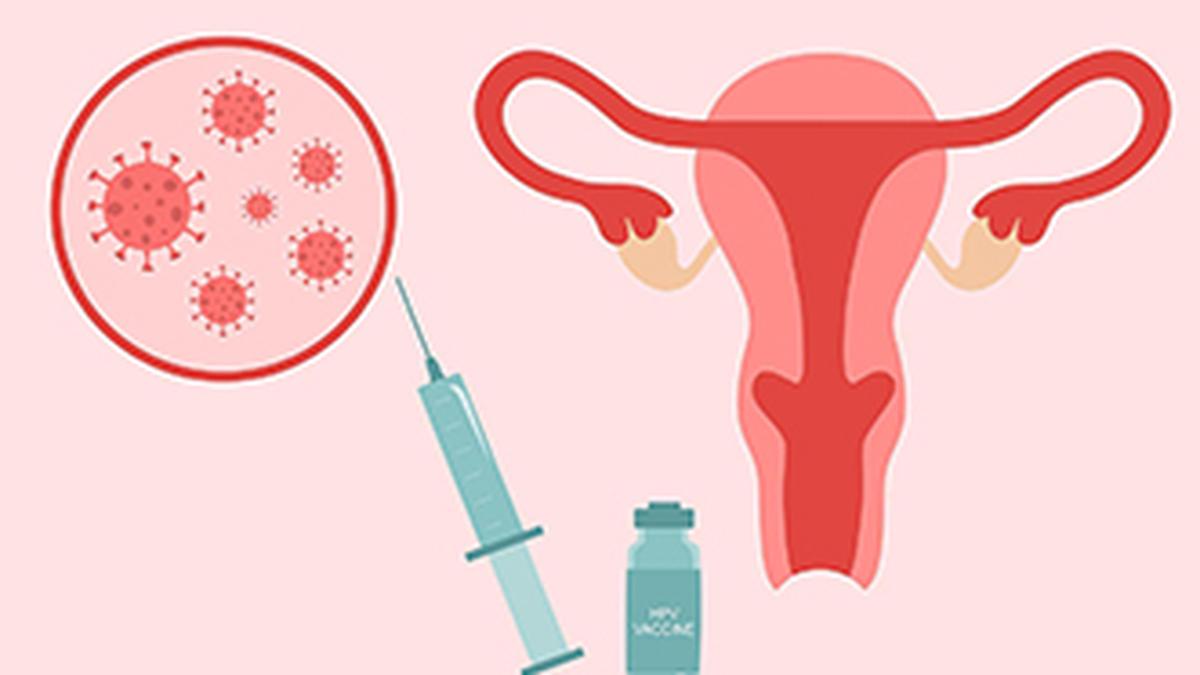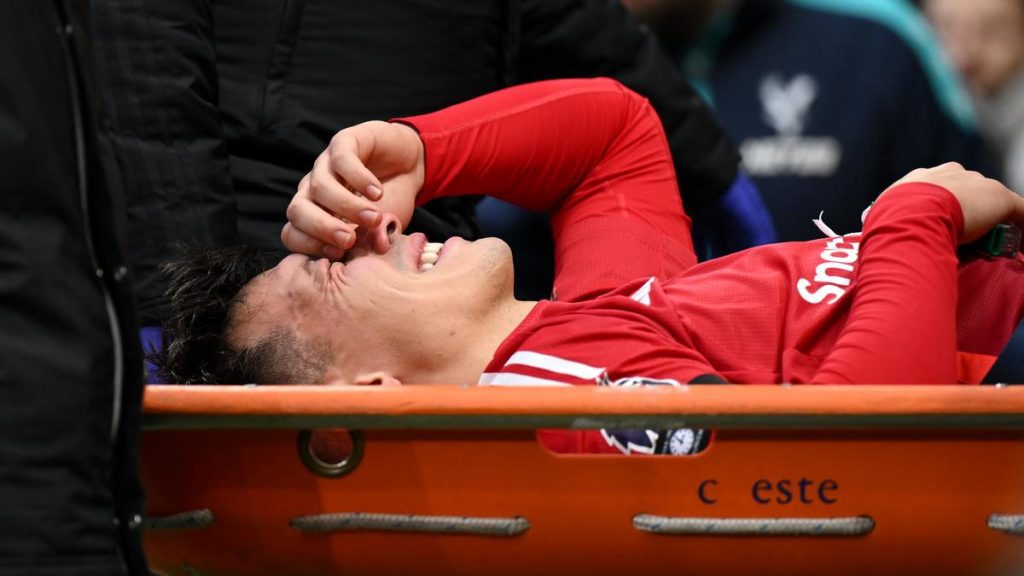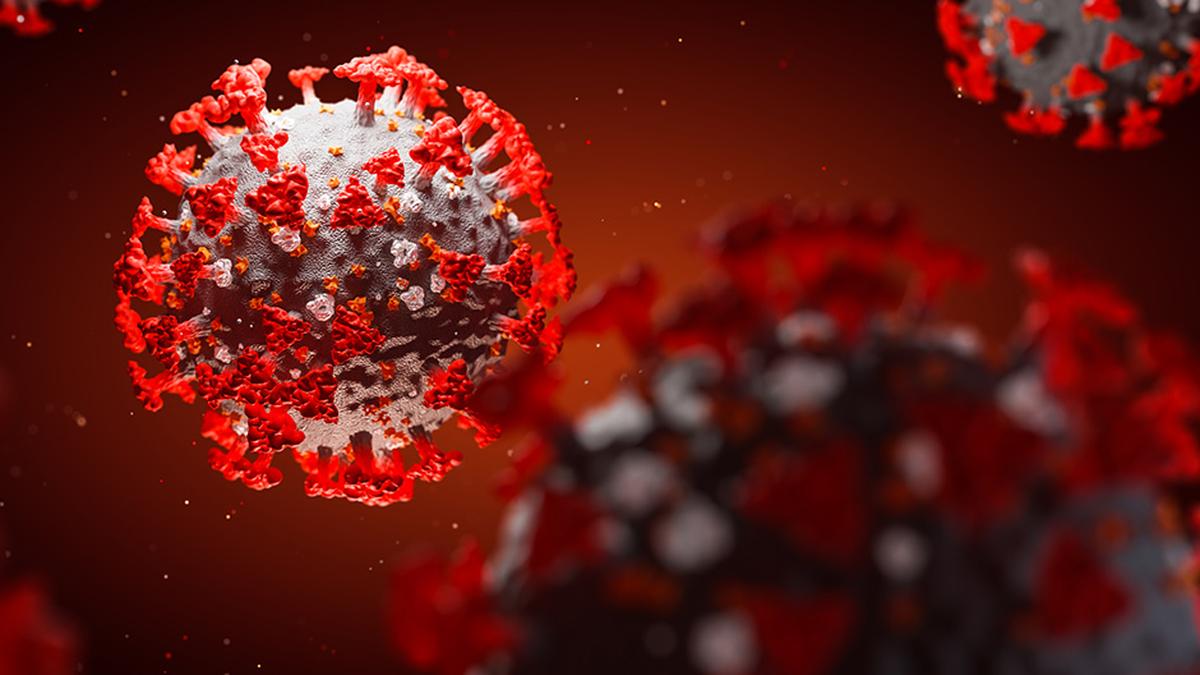India still working on bringing cervical cancer vaccine into the national immunisation program Premium


India still working on bringing cervical cancer vaccine into the national immunisation program Premium
January is Cervical Cancer Awareness Month, and doctors are urging women to get screened for this disease.
Cervical cancer is a type of cancer that develops in the cervix, or the wall of the cervix. It is among the leading causes of cancer in Indian women, and the Human Papillomavirus (HPV), is responsible for 99.7% of cervical cancers worldwide. The HPV vaccine is the most effective way to prevent cervical cancer, as it stimulates the immune system to produce antibodies that neutralise the virus.
In India currently, HPV vaccines are only available under prescription by private practitioners, even though the National Technical Advisory Group for Immunisation (NTAGI) has recommended that the HPV vaccine be included in the national immunisation programme — Union Finance Minister Nirmala Seetharaman had announced the government’s plans to focus on vaccination against cervical cancer as part of her Interim Budget 2024. Senior Health Ministry officials noted that the Ministry is working on this inclusion. The NTAGI recommends a one-time catch-up for girls aged 9–14, followed by routine introduction at age 9.
The HPV vaccine was introduced in India in 2008, but its high cost has limited its use. Some states, like Punjab and Sikkim, have already introduced the vaccine into their immunisation programs. The vaccine is most effective when given before exposure to the virus and is recommended for children aged 12 to 13 years old and people at high risk from HPV. The vaccine is safe and well tolerated and can be used in people who are immunocompromised or living with HIV/AIDS. Common side effects include mild fever, tenderness, swelling, and redness at the injection site.
While the HPV vaccine doesn’t treat existing HPV infections or disease, it can prevent more than 90% of the cancers associated with HPV. It protects against genital warts, most cases of cervical cancer, cancer of the vagina, vulva, penis or anus caused by HPV. The HPV vaccine also protects against mouth, throat, head and neck cancers caused by HPV.
India has authorized several HPV vaccines, including – Gardasil, a quadrivalent vaccine that protects against HPV-6, 11, 16, and 18; Cervarix (a bivalent vaccine) and Cervavac, an India-developed vaccine by the Serum Institute of India that targets high-risk HPV types, is effective against HPV types 16 and 18 and approved for ages 9 to 26.
In India, cancer of the cervix uteri is the third most common cancer, with an incidence rate of 18.3% (123,907 cases) and it is the second-leading cause of death among cancers, with a mortality rate of 9.1% as per GLOBOCAN 2020.
The age standardised incidence rate per 1,00,000 population was 18, while the five-year prevalence rate across all ages was 42.82 per 1 lakh population. As per the National Cancer Registry Programme, cancer of the breast and cervix uteri are the most common cancers among females. Cervical cancer accounted for 6-29% of all cancers among women in India. Papumpare district in the state of Arunachal Pradesh, India had the highest incidence rate of cervical cancer (27.7) in Asia.
The majority of patients with cancer were diagnosed at a locally advanced stage for breast (57.0%), cervix uteri (60.0%), head and neck (66.6%), and stomach (50.8%), whereas in lung cancer, distant metastasis was predominant among males (44.0%) and females (47.6%).
Experts note that among the top challenges to the uptake of HPV vaccination in India are the high cost of the vaccine, concerns about its safety and effectiveness due to a lack of awareness and cultural perceptions around reproductive health.
Richu Sharma, consultant medical oncologist, Ujala Cygnus Group of Hospitals, speaking about the cost and coverage of the vaccine, said that Gardasil 9 is priced at ₹10,850 per dose, Gardasil 4 costs range between ₹2,000 and ₹4,000 per dose while Cervavac (the first Indian-made HPV vaccine by SII), is priced at ₹2,000 per dose.
Vaccines like Gardasil and Cervavac are already approved for use in boys and young men, offering protection against HPV-related conditions such as genital warts and certain cancers, including anal and throat cancers. This marks an essential step towards broader HPV prevention in all genders.
Sowmya Sampurna M., obstetrician and gynecologist Apollo Cradle and Children’s Hospital, Hyderabad said that all males and females aged 9-26 years should get the HPV vaccine. Unvaccinated men and women aged 27 – 45 years should consider getting vaccinated. The HPV vaccine is most effective if it is given before exposure.
India is part of global efforts to reduce the incidence and deaths due to cervical cancer. In March, last year, global health organisations including the World Health Organization (WHO) and Gavi announced a major new policy, programmatic and financial commitments by governments, donors and multilateral institutions, including nearly USD 600 million in new funding, to eliminate cervical cancer.
The group, in its press release said that cervical cancer is the fourth-most common cancer in women worldwide, and continues to disproportionately impact women and their families in low- and middle-income countries (LMICs). “Every two minutes, a woman dies from cervical cancer, although the knowledge and the tools to prevent and even eliminate this disease already exist. Vaccination against HPV — the leading cause of cervical cancer — can prevent the vast majority of cases and, combined with screening and treatment, provides a path to elimination,’’ it said.
“We have the knowledge and the tools to make cervical cancer history, but vaccination, screening and treatment programmes are still not reaching the scale required,” maintained Tedros Adhanom Ghebreyesus, WHO Director-General.
(bindu.p@thehindu.co.in)










